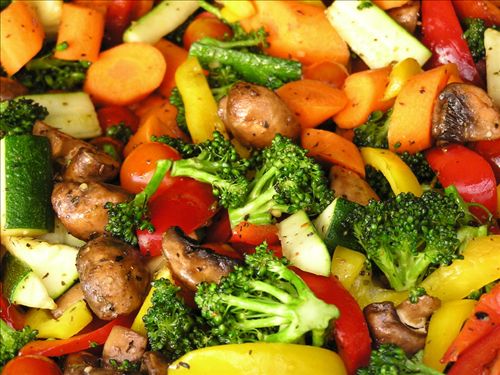
Antioxidants are named for their ability to prevent a chemical reaction called oxidation, which enables molecular fragments called free radicals to join together, forming potentially carcinogenic (cancer-causing) compounds in your body.
Antioxidants also slow the normal wear-and-tear on body cells, so some researchers noted that a diet rich in plant foods (fruits, vegetables, grains, and beans) seems likely to reduce the risk of heart disease and maybe reduce the risk of some kinds of cancer. For example, consuming lots of lycopene (the red carotenoid in tomatoes) has been linked to a lower risk of prostate cancer — as long as the tomatoes are mixed with a dab of oil, which makes the lycopene easy to absorb.
However (you knew this was coming, right?), recent studies show that although a diet rich in fruits and veggies is healthful as all get-out, stuffing yourself with the antioxidant vitamins A and C has ab-so-lute-ly no effect on the risk of heart disease.


